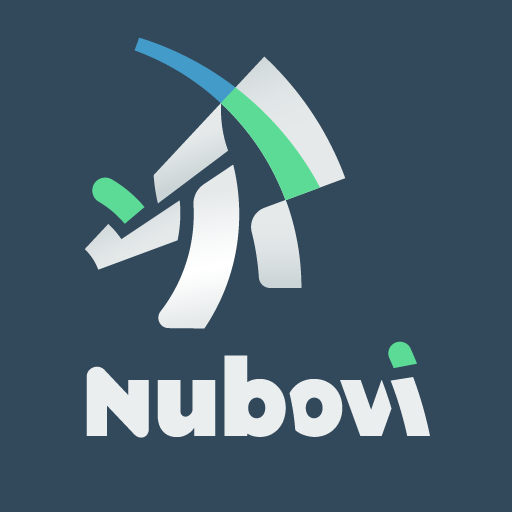FinOps (short for Financial Operations) is a relatively new discipline that focuses on the intersection of cloud computing and financial management. A FinOps practitioner, also known as a FinOps engineer or FinOps analyst, is responsible for optimizing the costs of cloud infrastructure, managing cloud spending, and improving cloud efficiency.
The following are the most typical responsibilities of a FinOps practitioner:
-
Cloud Cost Management: The primary responsibility of a FinOps practitioner is to manage the costs associated with cloud infrastructure. This includes monitoring cloud usage and expenditure, identifying areas where costs can be optimized, and implementing cost-saving measures.
-
Budgeting and Forecasting: FinOps practitioners are responsible for budgeting and forecasting cloud costs for their organization. This involves estimating future usage and expenditure, and ensuring that budgets are aligned with business objectives.
-
Cloud Cost Optimization: FinOps practitioners work to optimize the efficiency of cloud infrastructure and minimize wasted spend. This involves analyzing usage patterns, identifying areas of inefficiency, and implementing changes to reduce costs.
-
Reporting and Analytics: FinOps practitioners generate reports and provide analytics to help their organization understand cloud usage and expenditure. They provide insights into trends and usage patterns, and help stakeholders make informed decisions.
-
Governance and Compliance: FinOps practitioners ensure that cloud usage is compliant with the organization's policies and government requirements. They work to establish policies and processes to manage cloud usage, and ensure that these policies and rules are enforced.
All in all, a FinOps practitioner is responsible for ensuring that cloud infrastructure is cost-effective, efficient, and aligned with business objectives. They help organizations optimize cloud usage, reduce costs, and improve financial management.
A large part of what a FinOps practitioner does can be automated, using the right tools. Especially when it comes to numbers 1-4 in the list above. Nubovi would be the smart assistant of the FinOps practitioner to help stay on top of these objectives. Gartner calls this Augmented FinOps. This will save a lot of time, which can then be spent on number 5 from the list: making sure that the cloud usage is and stays compliant.
Nubovi makes the FinOps practitioners' work more interesting and smart!
